RECYCLING POSTER - SINGLE
An 8.5" x 11" recycling poster to hang at your bin.
Welcome to Casella’s Recycle Better™ hub. Here you’ll find informative videos, posters, activities, and more to help educate you on what does and does not belong in your recycling. Together, we can keep recycling strong and sustainable, and it all begins at your bin!
Basics
The items below are recyclable and can be effectively sorted in our material recovery facilities. If you see it on this list, you can confidently toss it into your recycling bin!
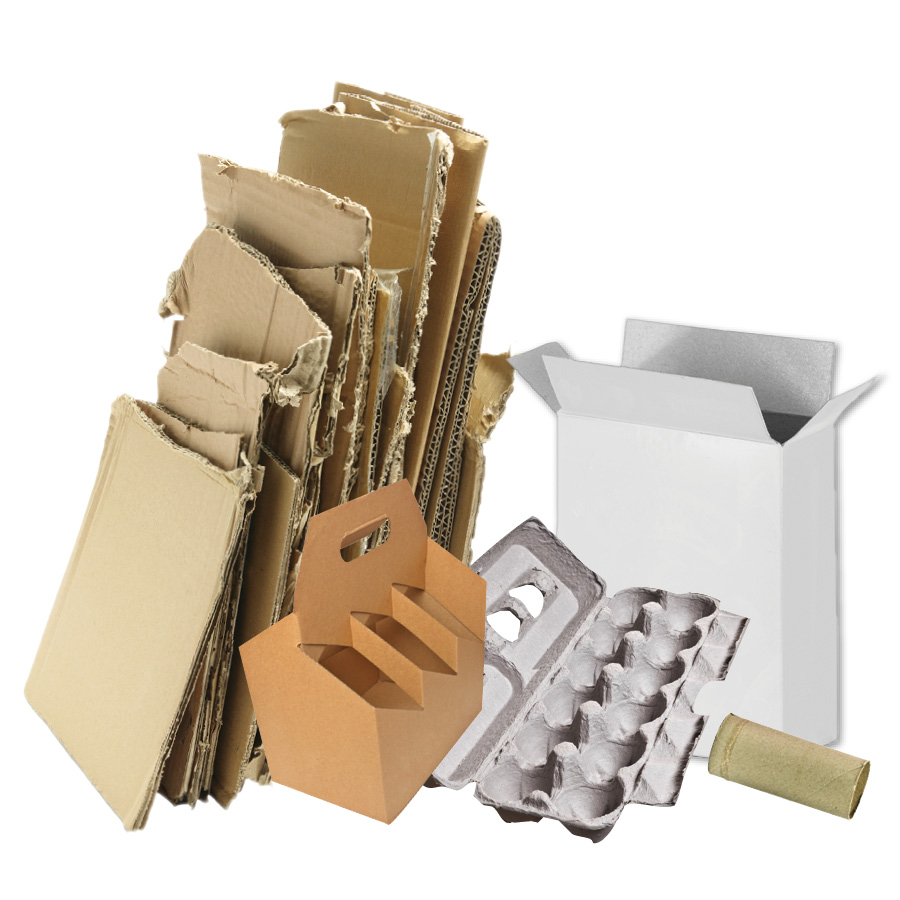


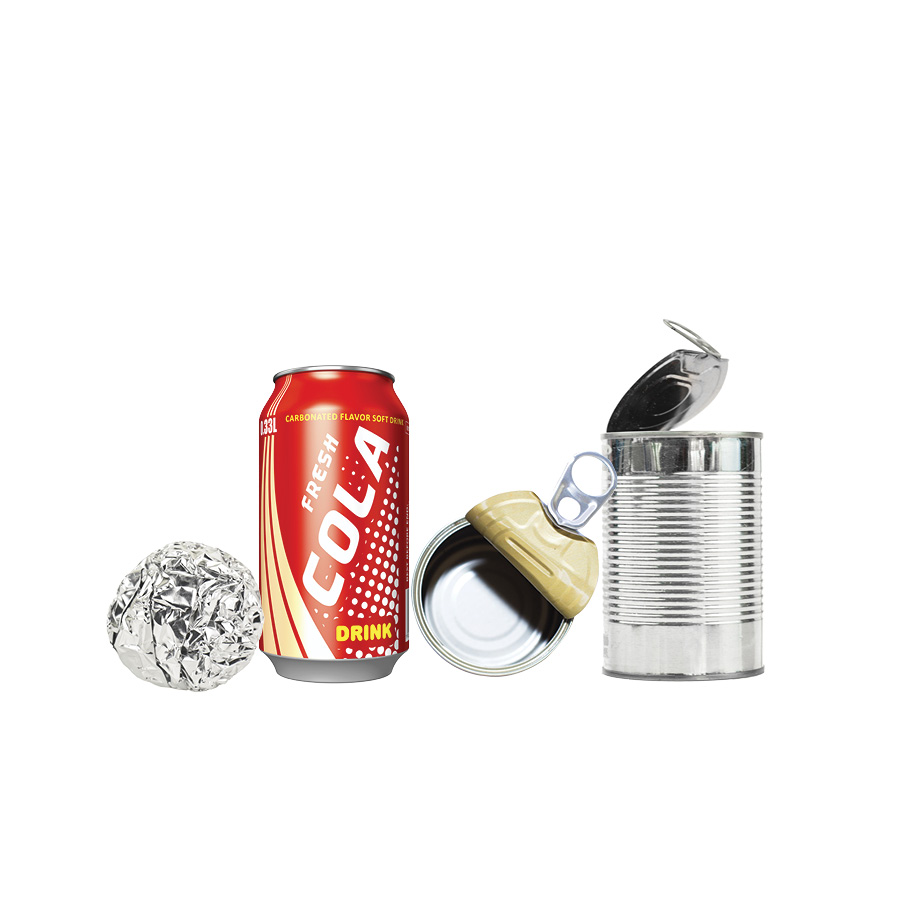
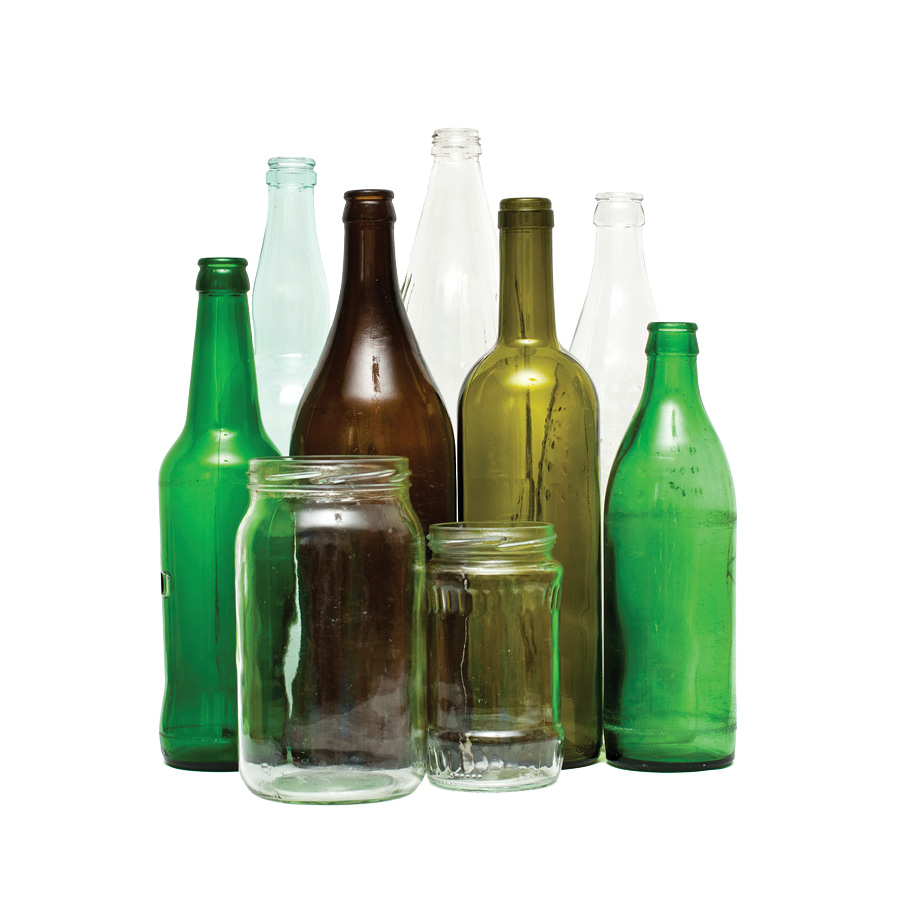
The following items are not recyclable in our facilities. Even worse, their presence can seriously disrupt the recycling process. Please take a look to make sure your bin does not contain these items. And tell your friends!
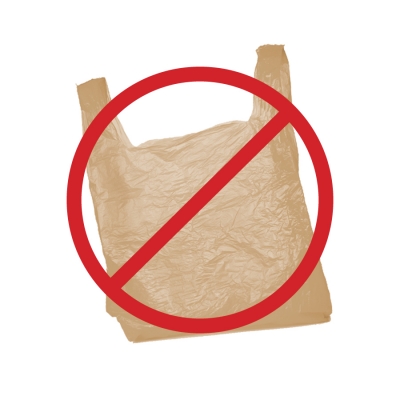
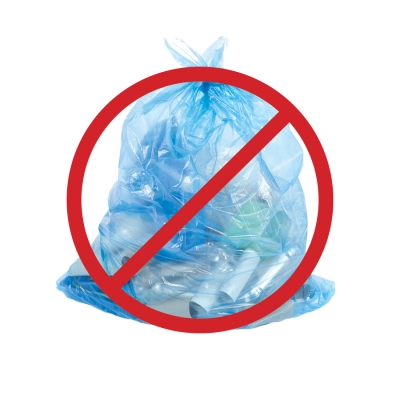
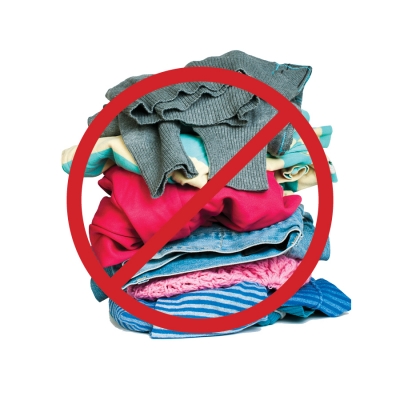
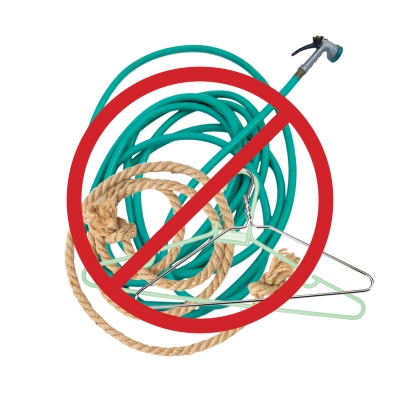
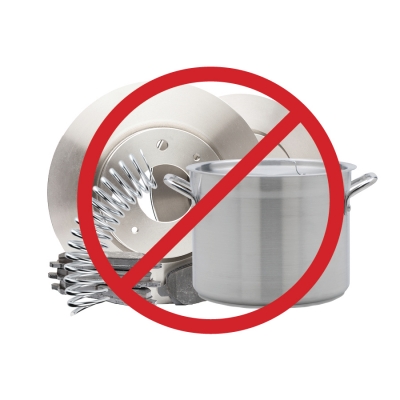
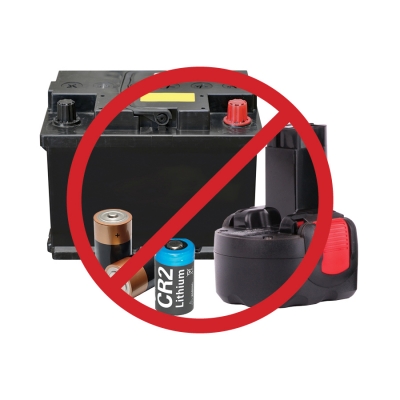
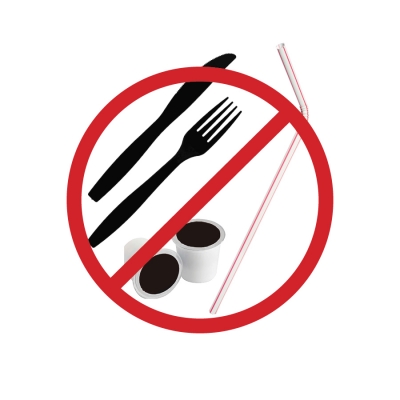
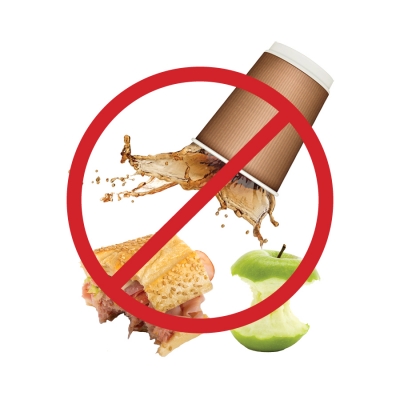
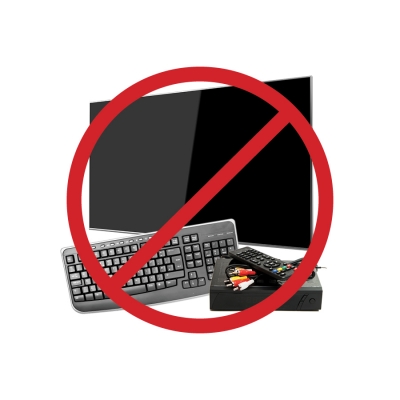
Recyclables must be empty and clean, so… Take that last sip! Enjoy that last bite!
Remember to Keep it loose! Bags are a drag! Bagged recyclables cannot be sorted, so if you collect your recyclables in a bag, be sure to dump them out when you get to your cart.
When recycling, remember shape matters! Small and narrow items slip through the cracks in our sorting equipment and cannot be recovered. They should go in the trash. Caps are OK if you twist them back onto the container.
Americans toss far too many non-recyclable items in their recycling bins. These sorting mistakes add up and hurt recycling programs. We all need to understand what’s acceptable in our local recycling program and remember: When in doubt, throw it out.
Recycling is great but waste reduction and reuse can be even better. Don’t forget to reduce and reuse whenever you can.

An 8.5" x 11" recycling poster (Spanish) to hang at your bin.
An 8.5" x 11" food waste poster (that includes meat) to hang at your bin.
An 8.5" x 11" food waste poster (that doesn't include meat) to hang at your bin.
An 8.5" x 11" food waste poster that includes meat (Spanish) to hang at your bin.
An 8.5" x 11" food waste poster that doesn't include meat (Spanish) to hang at your bin.
An 8.5" x 11" recycling poster featuring acceptable and unacceptable items to hang at your bin.
An 8.5" x 11" recycling poster (Spanish) featuring acceptable and unacceptable items to hang at your bin.
A 6" x 6" poster featuring unacceptable PPE items to hang at your bin.
An 8.5" x 11" poster showing the recycling process and how recyclables are transformed into new products.
An 8.5" x 11" poster for kids showing how recyclables are transformed into new products.
A Giving Resources New Life bookmark that shows what recycled material is transformed into after being placed in the bin.
Through a collaboration with The Recycling Partnership grant program, Casella has implemented robotics and artificial intelligence in an effort to help improve the recycling of polypropylene, more commonly known as Number 5 plastics. This video is part of a new educational campaign aimed at capturing more of the material and giving those resources new life through our recycling processing. Check out a few commonly asked questions and be sure to help your friends, families, and neighbors Recycle Better!
Are all #5 polypropylene plastics accepted?
Yes, all food packaging and beverage containers labeled with #5 (typically found on the bottom of the container) are recyclable. The most common types are plastic tubs, as well as bottles, jugs, jars, and cups.
What is considered a plastic tub?
Containers for butter, sour cream, cottage cheese, yogurt, and fruit slices are examples of plastic tubs.
Are plastic cups accepted?
Yes if the plastic cup has #5 in the recycling symbol. Styrofoam and polystyrene (labeled with a #6) cups will not be accepted. All straws should be disposed of in the trash.
Are the lids to these containers recyclable?
Yes, please place the lid on your empty container and put it into recycling.
Why is it important to recycle polypropylene?
Polypropylene represents a huge recycling opportunity. Based on capture studies by The Recycling Partnership, they estimate that U.S. single-family households generate more than 2 billion pounds of PP annually so if just 30% of this material was recovered, it would reduce greenhouse gas emissions by 311,000 metric tons and provide 609 million pounds of valuable raw material to companies with recycled content commitments, both voluntary and mandated.
Polypropylene is emerging as a good example of how plastic recycling can and should work. In this case, brands and manufacturers need more recycled feedstock, so they are motivated to invest in consumer education, provide grants for sorting infrastructure, and support markets by buying the material to make new products. Because of this approach, consumers can have a high level of confidence that their yogurt tubs and cold coffee cups really will get recycled into new things.
By accessing this website, you agree to the use of tracking technologies, such as cookies and pixels for functionality, analytics, personalization, and targeted advertising purposes. The information collected through such tracking technologies may also be shared with our digital advertising and analytics partners. Privacy Policy & Terms of Use